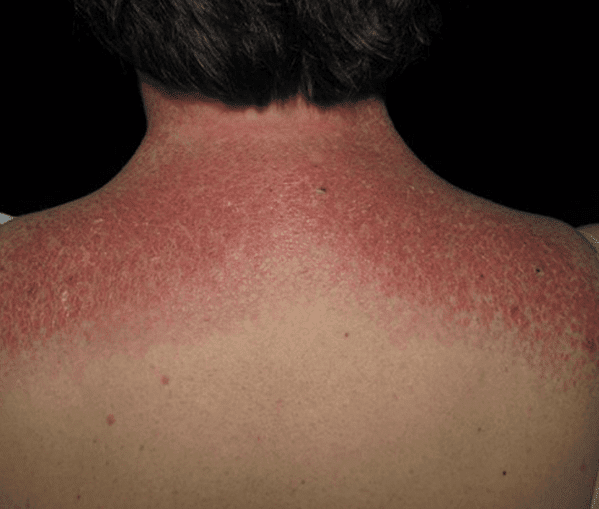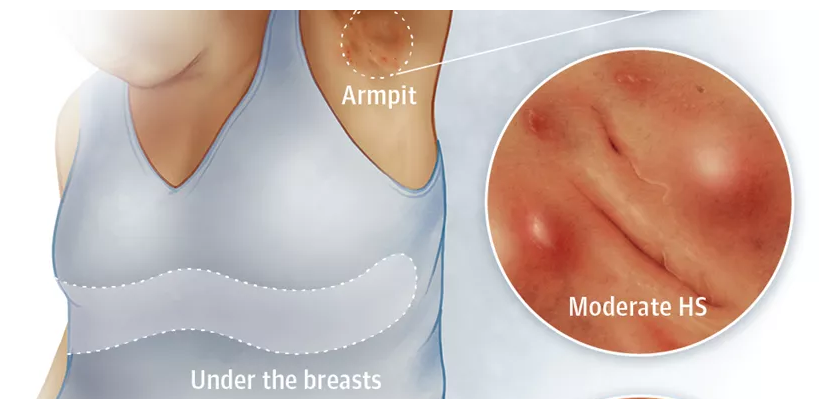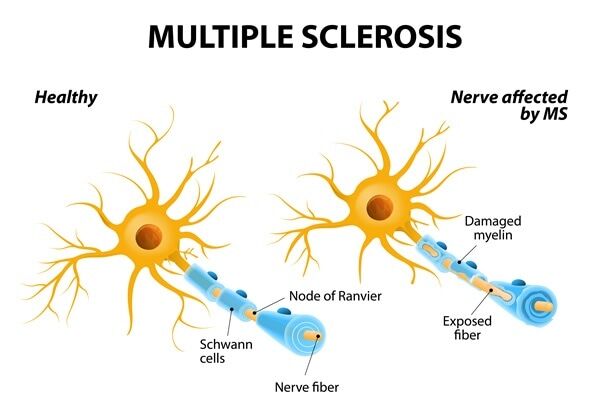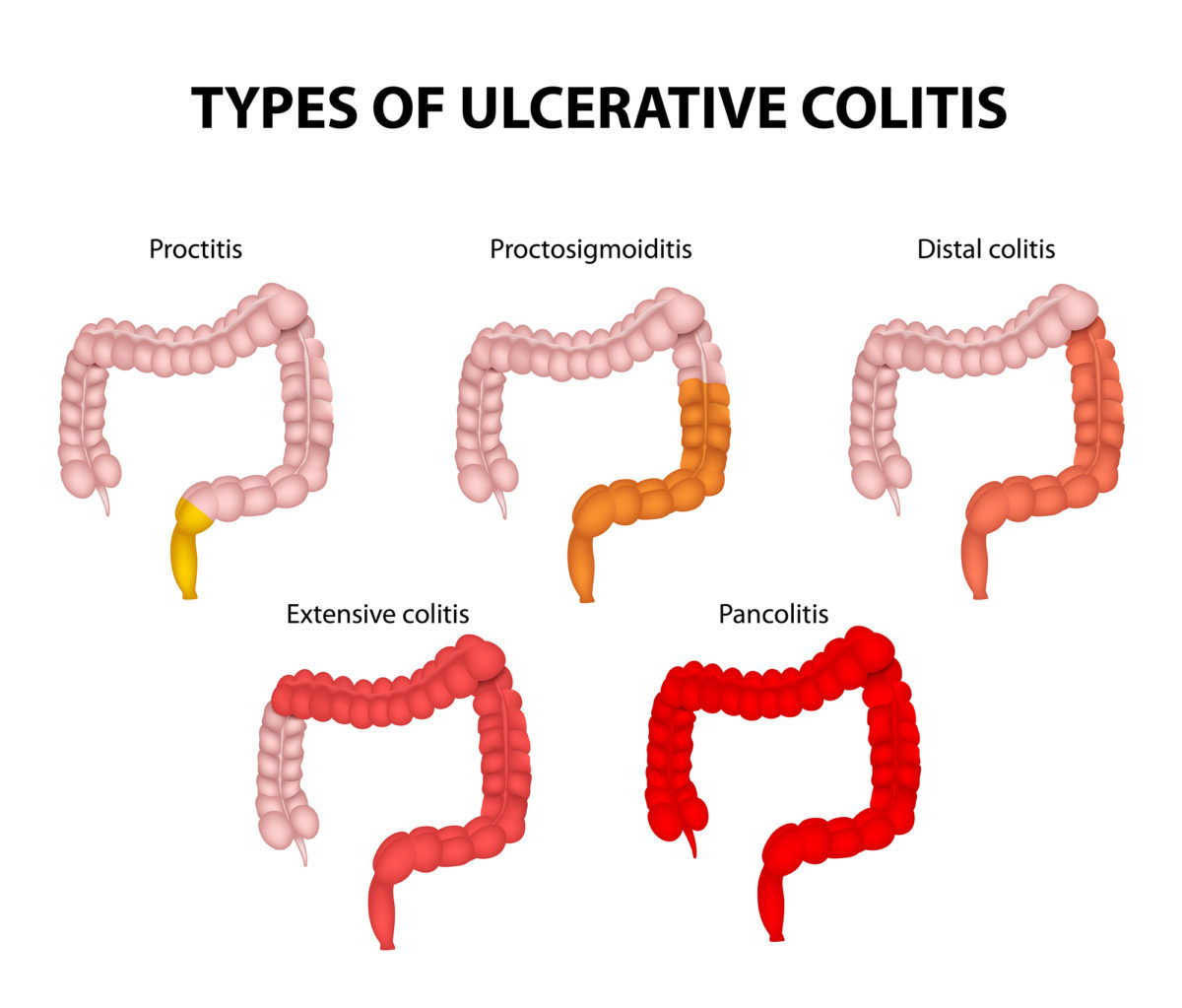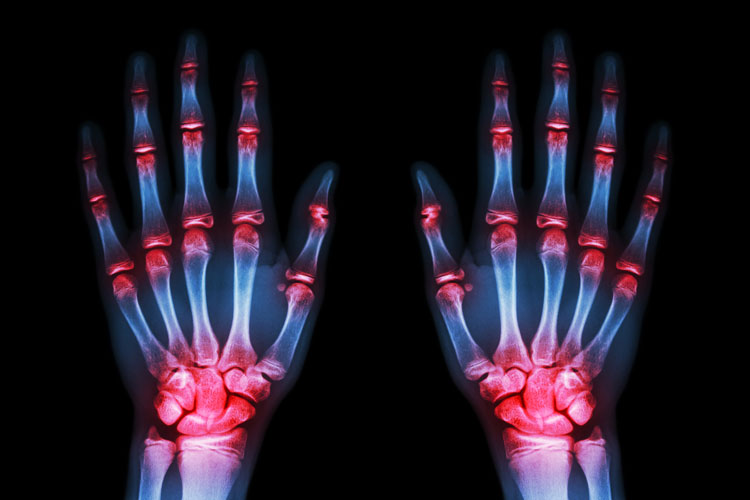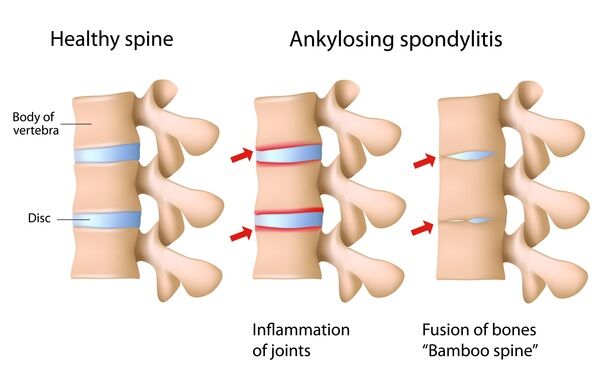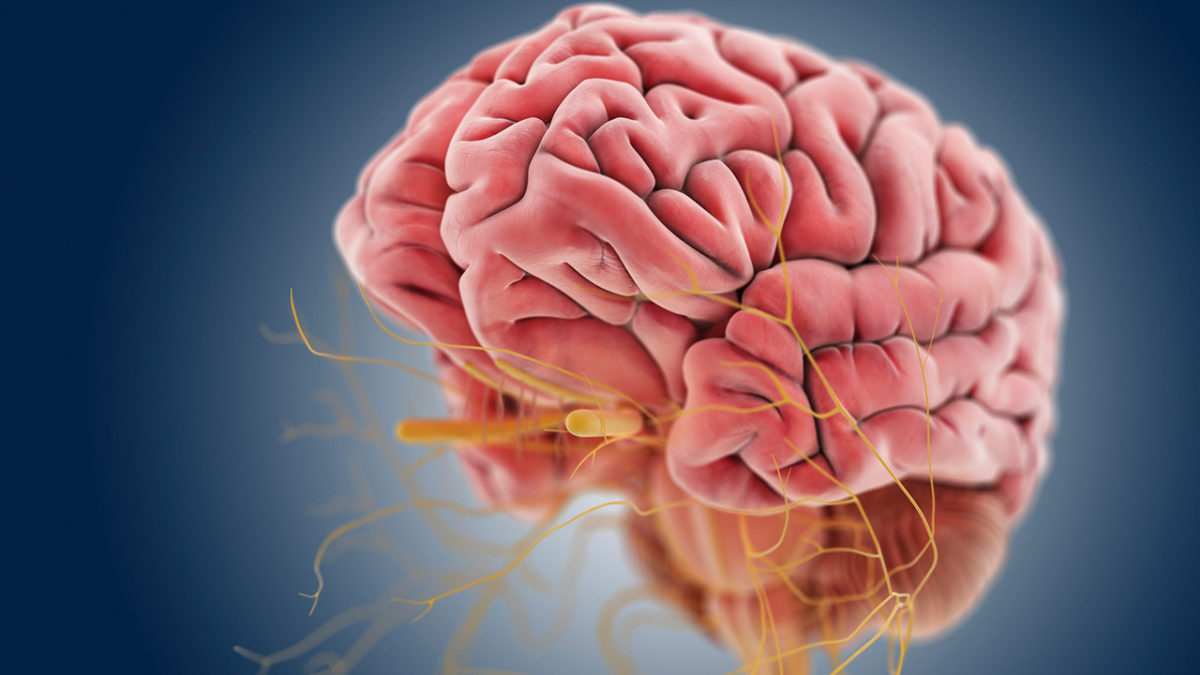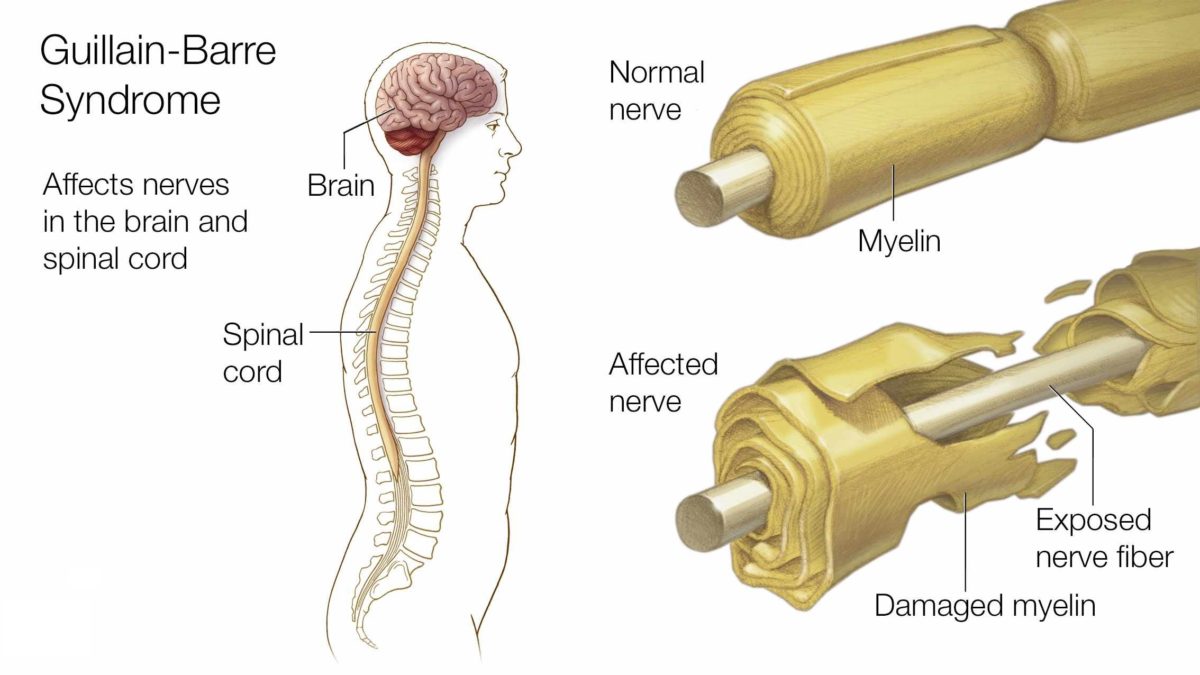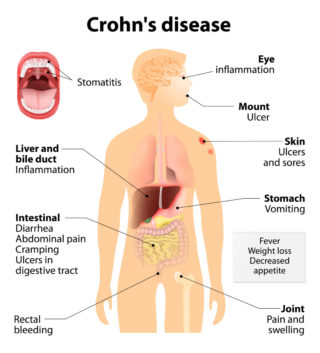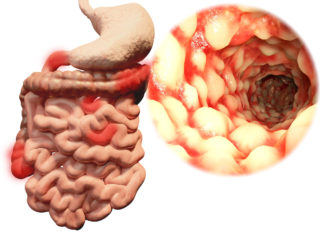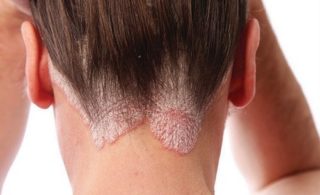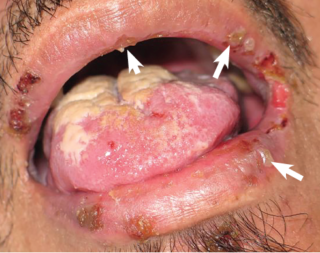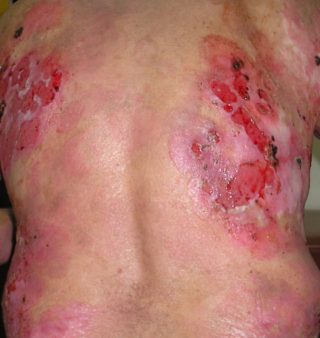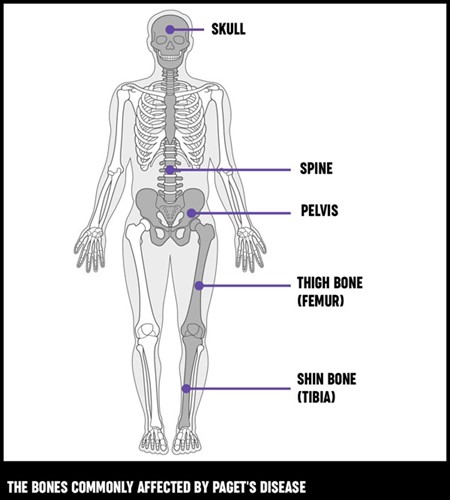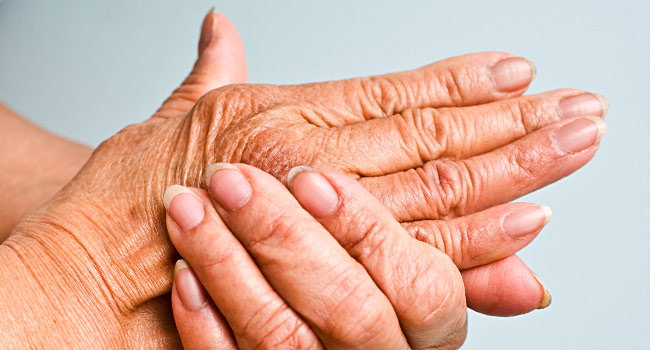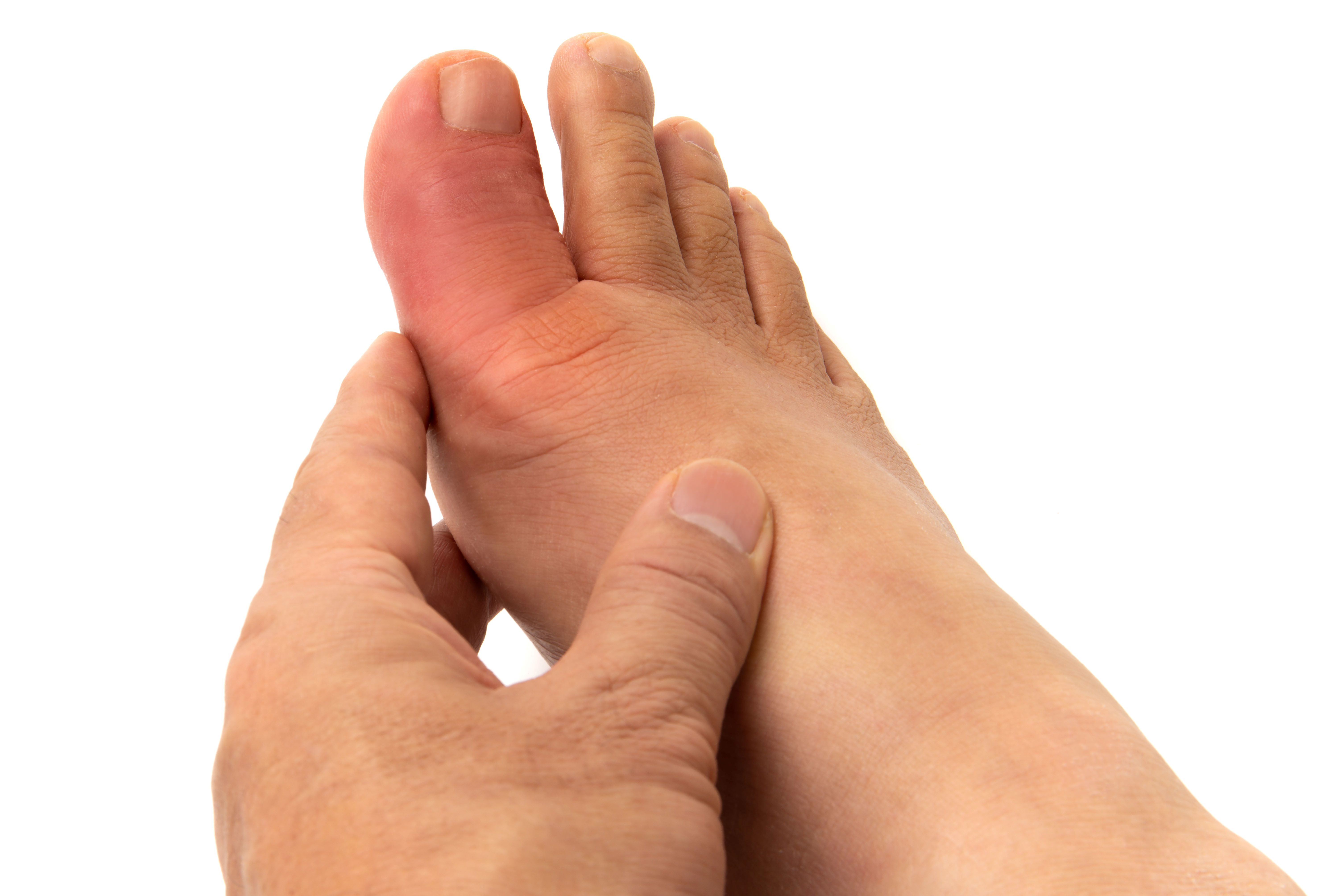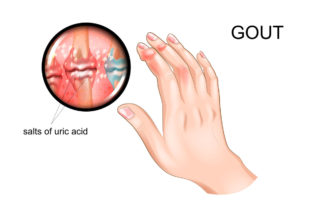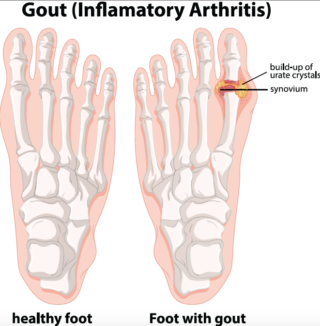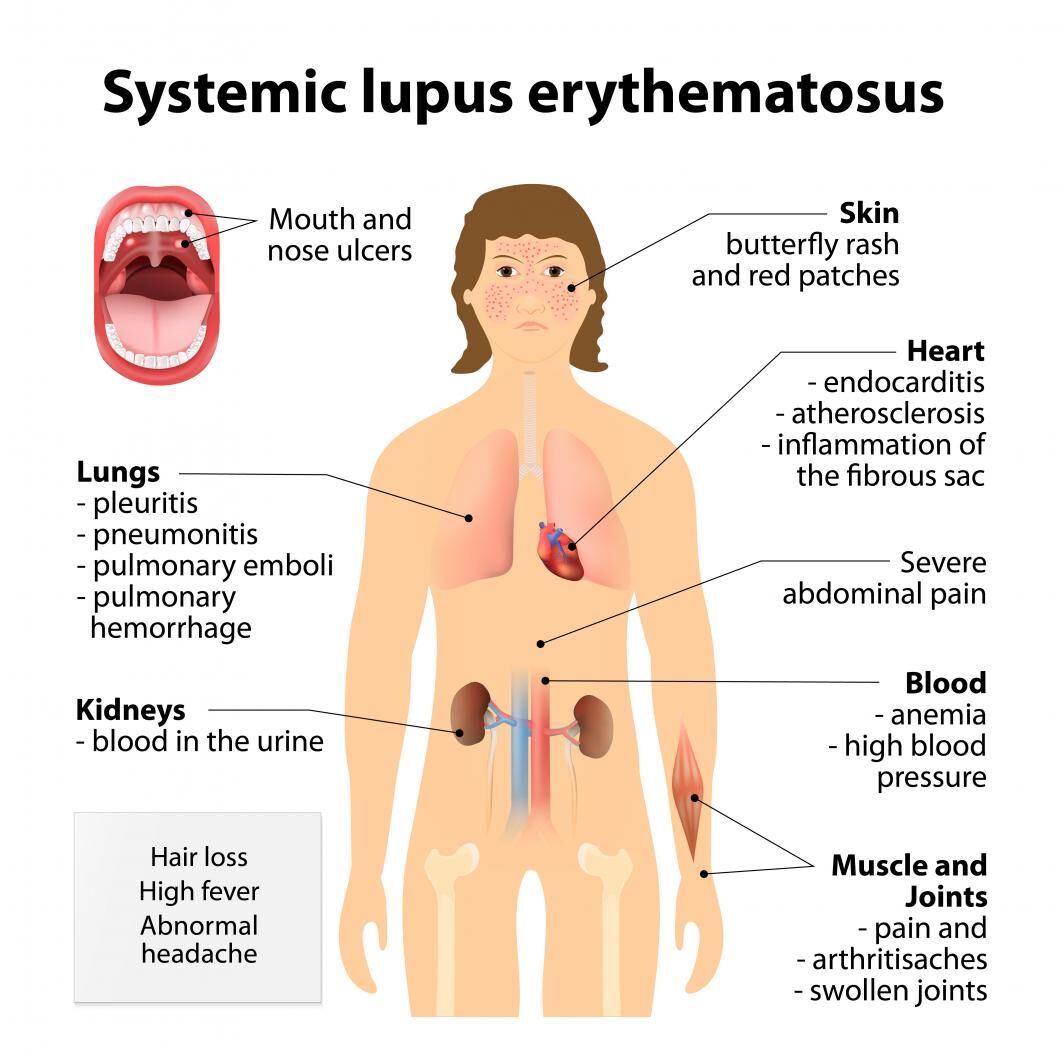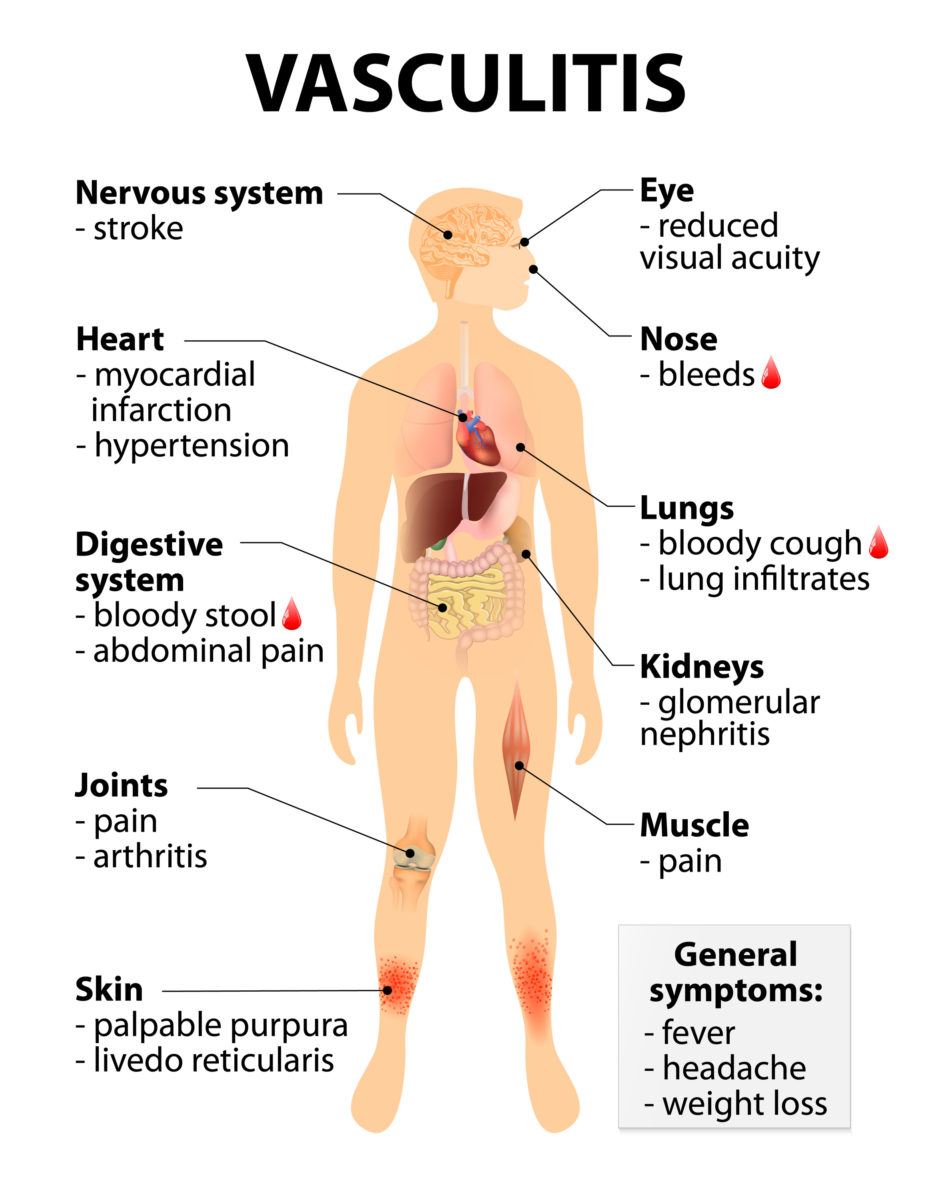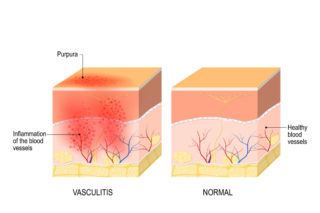INFLAMMATORY MYOSITIS
Inflammatory Myositis is a general term meaning inflammation of the muscles, myositis includes the following diseases:
- Dermatomyositis
- Inclusion Body Myositis
- Juvenile Myositis
- Polymyositis
- Dermatomyositis
- Necrotizing Autoimmune Myositis
The cause of these inflammatory myopathies stems from an autoimmune reaction to the muscle tissue in genetically susceptible people. Polymyositis, dermatomyositis, and juvenile myositis are all autoimmune diseases, meaning the body’s immune system is attacking the muscle. While the immune system may also cause muscle damage in inclusion body myositis, this may not be cause of this disease. Although myositis is often treatable, these diseases are poorly understood and do not always completely respond to current medications.
Precipitating factors that may be eliciting the event may include:
- Viruses
- Muscle injury
- Cancer
- Toxins
- Inflammation
- Infection
- Hormonal imbalances and electrolyte imbalances
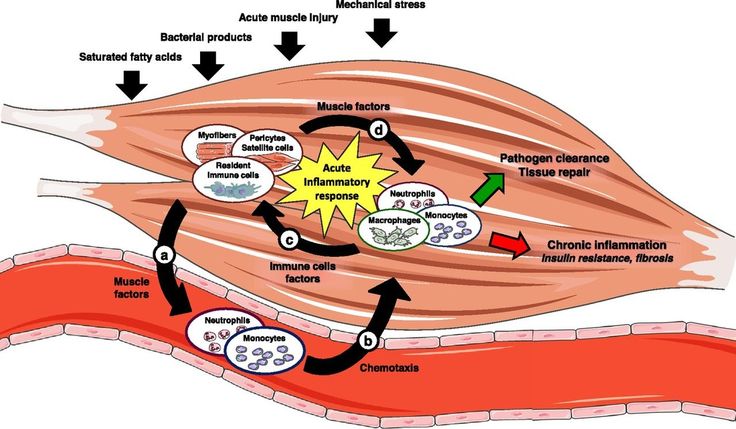
Inflammatory myositis is more common in African-Americans compared to Caucasians and in woman as compared to men. Polymyositis primarily affects adults in their 30’s to 50’s. Dermatomyositis commonly affects children ages 5-15 and adults ages 45-65. Myositis can occur in combination with other autoimmune diseases. The exact cause is unknown, but we do know that it is an autoimmune disease (the body’s own immune system attacks the muscles) and in some cases the skin. Inclusion body myositis is most common after age 50. General symptoms of chronic inflammatory myopathy. The inflammatory myopathies are a group of diseases, with no known cause, that involve chronic muscle inflammation accompanied by muscle weakness.
Additional information on inflammatory myositis can be found at https://www.rheumatology.org/I-Am-A/Patient-Caregiver/Diseases-Conditions/Inflammatory-Myopathies
Symptoms of Inflammatory Myositis:
Symptoms of myositis may include:
- Trouble rising from a chair
- Difficulty climbing stairs or lifting arms
- Tired feeling after standing or walking
- Trouble swallowing or breathing
- Muscle pain and soreness that does not resolve after a few weeks
- Known elevations in muscle enzymes by blood tests (CPK or aldolase)
Diagnosis of Inflammatory Myositis:
Although the inflammatory myopathies affect about 50,000 Americans, often they are not diagnosed correctly. In part, because patients with autoimmune myopathies have many of the same symptoms as those with inclusion body myositis, toxic myopathy, or muscular dystrophies, which are inherited forms of muscle disease.
Diagnosis includes a skilled clinical assessment, evaluating symptoms already discussed (e.g. how fast are the symptoms progressing), physical exam; however, laboratory confirmation of the diagnosis is required in most cases. The benchmark confirmation is muscle biopsy. Electromyography, estimation of SCK, and detection of myositis specific antibodies may be helpful. Conceivably, a patient with all of the classical clinical features of DM, elevation of the SCK, and typical neurophysiological changes does not need a confirmatory muscle biopsy, but overall few cases of suspected myositis should escape biopsy. If management difficulties arise, there is often regret if a biopsy was not performed before initiation of treatment.
Treatment of Inflammatory Myositis:
The initial treatment for inflammatory myositis is steroids taken by mouth and sometimes intravenously, depending on how severe symptoms are at diagnosis. No other medication works as quickly. The eventual goal is to taper the steroids slowly and substitute a medication that is safer to take in the long term such as mycophenolate mofetil or azathioprine.
In severe cases of myositis, especially when the muscles used for swallowing are impacted, we sometimes use intravenous immunoglobulin, or IVIG, a medication given monthly by infusion.
Physical therapy is also an important part of myositis treatment to help patients regain strength.
AZIV Infusion provides the following biologic injections and infusions in a convenient and comfortable setting for patients seeking treatment for Inflammatory Myositis:


